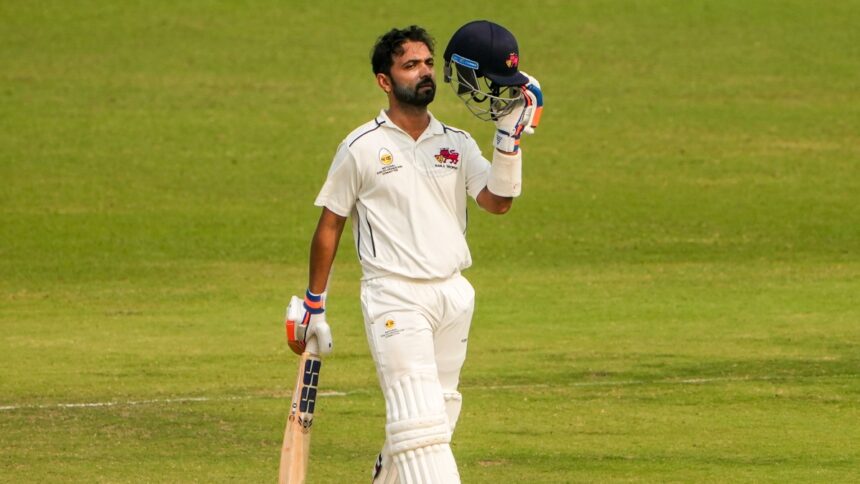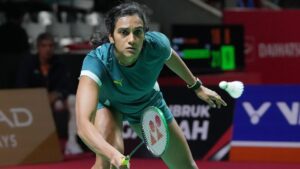India cricketer Ajinkya Rahane has proposed a significant shift in the appointment criteria for domestic selectors, advocating for the inclusion of recently retired players to reflect the current dynamics of the game. During a conversation with former teammate Cheteshwar Pujara on Rahane’s YouTube channel, he emphasized that selectors should possess a mindset aligned with the evolving nature of cricket, which he argues is markedly different from 20 to 30 years ago.
According to existing guidelines, a potential selector must have a minimum of 10 matches in first-class cricket and should have retired at least five years prior. Rahane asserted, however, that selectors should ideally have retired within the past five to eight years to maintain a contemporary understanding of the game. “Players should not be intimidated by selectors,” he stated. He believes that recent players can better appreciate the modern style of play, especially with the rise of T20 formats and the IPL.
Pujara supported Rahane’s perspective, particularly for larger cricketing states that have a broader talent pool. He cautioned against excluding accomplished cricketers with a legacy due to an extended retirement period. “It doesn’t mean that any past cricketer, who has a great record and wants to be a selector, should be deprived of the chance because he retired long back,” he noted.
Additionally, both players underscored the critical role of domestic cricket in the selection process for the Indian national team. Pujara expressed his belief that aspiring Test cricketers should first compete in domestic leagues and perform effectively to earn their spots on the national stage. He acknowledged that the recent selection patterns reflect a rewarding approach for domestic performers, stating, “When domestic players perform well in domestic cricket, they should get a reward.”
Rahane concurred, reinforcing the notion that the selection of the Indian Test team ought to be primarily based on domestic cricket performance. He highlighted the value of consistently excelling in domestic tournaments as a foundation for success at the international level. “The value of the Test cap, and the experience of playing Test cricket, is also different,” Rahane concluded.










